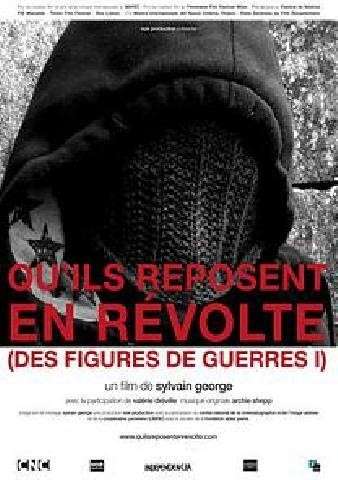Marcel L’Herbier – Prométhée… banquier AKA Prometheus… Banker (1921)
Prométhée… banquier (1921)
Synopsis:
Mr. Prévoyan, a wealthy banker, is a man who is lucky. If everything he touches turns to gold, the medal on his reverse. Indeed, riveted to his desk by his business, he did not notice that an idyll had formed between the beautiful Gaby, object of his affection, and his own secretary, Toudieu.
An interesting short film in the early career of Marcel L’Herbier:
Marcel L’Herbier is unquestionably one of the most important figures in the history of French cinema. His contribution is not restricted to the films he directed, many of which are widely recognised as genuine masterpieces. He also worked actively to promote cinema as an art form in its own right, helping to ensure that France maintained its position of eminence in a medium which was becoming increasingly dominated by the Americans. Moreover, his films and his writings have inspired successive generations of filmmakers, many of whom went on to become just as influential in French cinema.
L’Herbier was born in Paris is 1888. Having studied law at the Sorbonne, he was drawn to literature (particularly the works of Oscar Wilde and Nietzsche) and he decided to pursue a career as a writer. He published his first novel, “In the Garden of Secret Games”, in 1914. He wrote a stage play “L’Enfantement du mort, miracle en pourpre, noir et or”, an anti-war piece which was not performed until 1919. He discovered cinema whilst serving in the army during the later years of the First World War, when he worked in the film department. He began making his first film, Phantasmes, in 1918, but it was never completed.
After the war, L’Herbier worked for a time with the recently formed Gaumont film company, before founding his own film production company, Cinégraphic, in 1922. Here, he began making his own films, whilst working alongside some other promising young directors, such as Jean Dréville, Claude Autant-Lara and Alberto Cavalcanti.
L’Herbier’s early film triumphs were the L’Homme du large (1920), El Dorado (1921), L’Inhumaine (1924), each a masterwork of visual poetry. His finest work was L’Argent (1929), a monumental work, based on Zola’s novel, which condemned the world of high finance. With L’Enfant de l’amour (1930), L’Herbier demonstrated his mastery of the innovation of sound cinema, despite the primitive technology. He continued making films into the 1950s, although his work would rarely ever achieve the popularity or quality of his early, silent films.
During his film-making career, L’Herbier actively promoted the rights of the filmmaker and sought to protect his country’s film legacy. In 1937, he co-founded the technician’s union, the CGT, and during the Occupation, he presided over the Cinémathèque française. In 1943, he created the first film school in France, the IDHEC, whose alumni include Alain Resnais, Louis Malle, Claude Sautet, and many other pivotal figures in French cinema. In the 1950s, as his filmmaking career declined, he influenced the direction of the comparatively new medium of television, ensuring that classic films were aired regularly. In 1978, Marcel L’Herbier published his memoirs, “La Tête qui tourne”, the final chapter in a life devoted to French cinema. In 1979, he died in Paris.
226MB | 15m 45s | 768×576 | mkv
https://nitro.download/view/1A75F7E76ACBE39/Promethee.banquier.1921.576p.DVDRip.x264-KG.mkv
https://nitro.download/view/CA272D20236E3FB/Promethee.banquier.1921.576p.DVDRip.x264-KG.eng.srt
Language(s):None (French intertitles)
Subtitles:None











Hello, please reupload this film if possible. Thanks as always for this wonderful website
done..